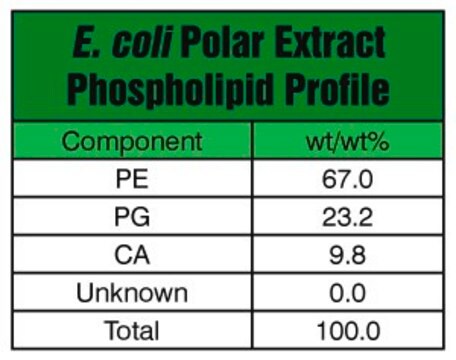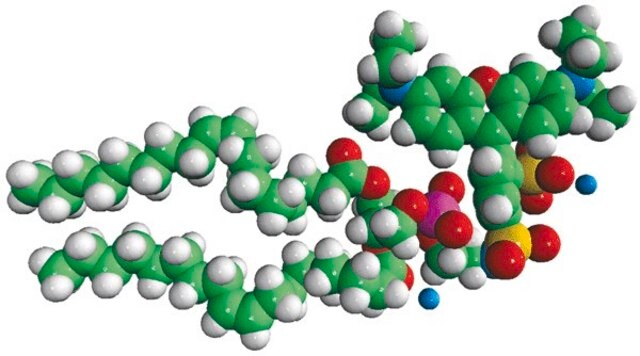790404P
Avanti
18:1 DGS-NTA(Ni)
Avanti Research™ - A Croda Brand
Synonym(s):
1,2-di-(9Z-octadecenoyl)-sn-glycero-3-[(N-(5-amino-1-carboxypentyl)iminodiacetic acid)succinyl] (nickel salt); DOGS NTA
About This Item
Recommended Products
description
1,2-dioleoyl-sn-glycero-3-[(N-(5-amino-1-carboxypentyl)iminodiacetic acid)succinyl] (nickel salt)
Assay
>99% (TLC)
form
powder
packaging
pkg of 1 × 10 mg (790404P-10mg)
pkg of 1 × 25 mg (790404P-25mg)
pkg of 1 × 5 mg (790404P-5mg)
manufacturer/tradename
Avanti Research™ - A Croda Brand
shipped in
dry ice
storage temp.
−20°C
General description
Application
- in the preparation of liposomes with porphyrin-phospholipid (PoP) conjugate for protein and peptide binding studies
- in the preparation of nanosize multillamelar vesicles (NMVs) for antigen delivery studies
- as a component of small unilamellar vesicle (SUV) for planar lipid membrane (PM) preparation
Biochem/physiol Actions
Packaging
Legal Information
also commonly purchased with this product
Storage Class Code
11 - Combustible Solids
Certificates of Analysis (COA)
Search for Certificates of Analysis (COA) by entering the products Lot/Batch Number. Lot and Batch Numbers can be found on a product’s label following the words ‘Lot’ or ‘Batch’.
Already Own This Product?
Find documentation for the products that you have recently purchased in the Document Library.
Customers Also Viewed
Our team of scientists has experience in all areas of research including Life Science, Material Science, Chemical Synthesis, Chromatography, Analytical and many others.
Contact Technical Service
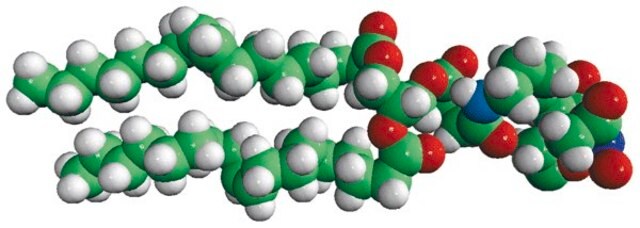
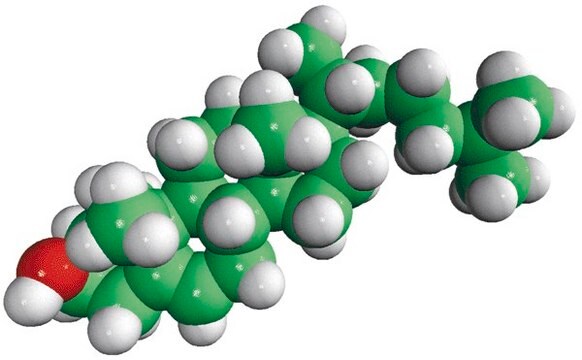
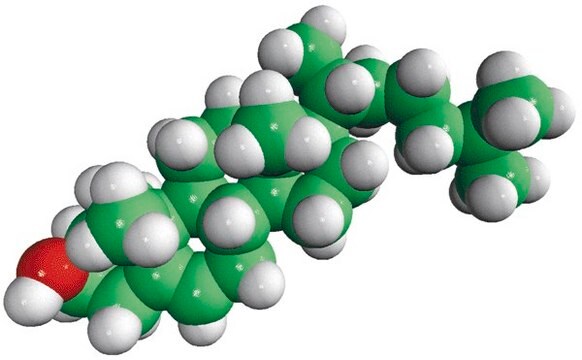
![18:1 PE MCC 1,2-dioleoyl-sn-glycero-3-phosphoethanolamine-N-[4-(p-maleimidomethyl)cyclohexane-carboxamide] (sodium salt), powder](/deepweb/assets/sigmaaldrich/product/images/396/705/1ea79c7e-9376-4ab2-af52-223e46ac9238/640/1ea79c7e-9376-4ab2-af52-223e46ac9238.jpg)


![18:1 DGS-NTA(Co) 1,2-dioleoyl-sn-glycero-3-[(N-(5-amino-1-carboxypentyl)iminodiacetic acid)succinyl] (Cobalt salt), powder](/deepweb/assets/sigmaaldrich/product/structures/203/482/b877a7a9-e8a9-4cec-99cf-b256a26d690c/640/b877a7a9-e8a9-4cec-99cf-b256a26d690c.png)



